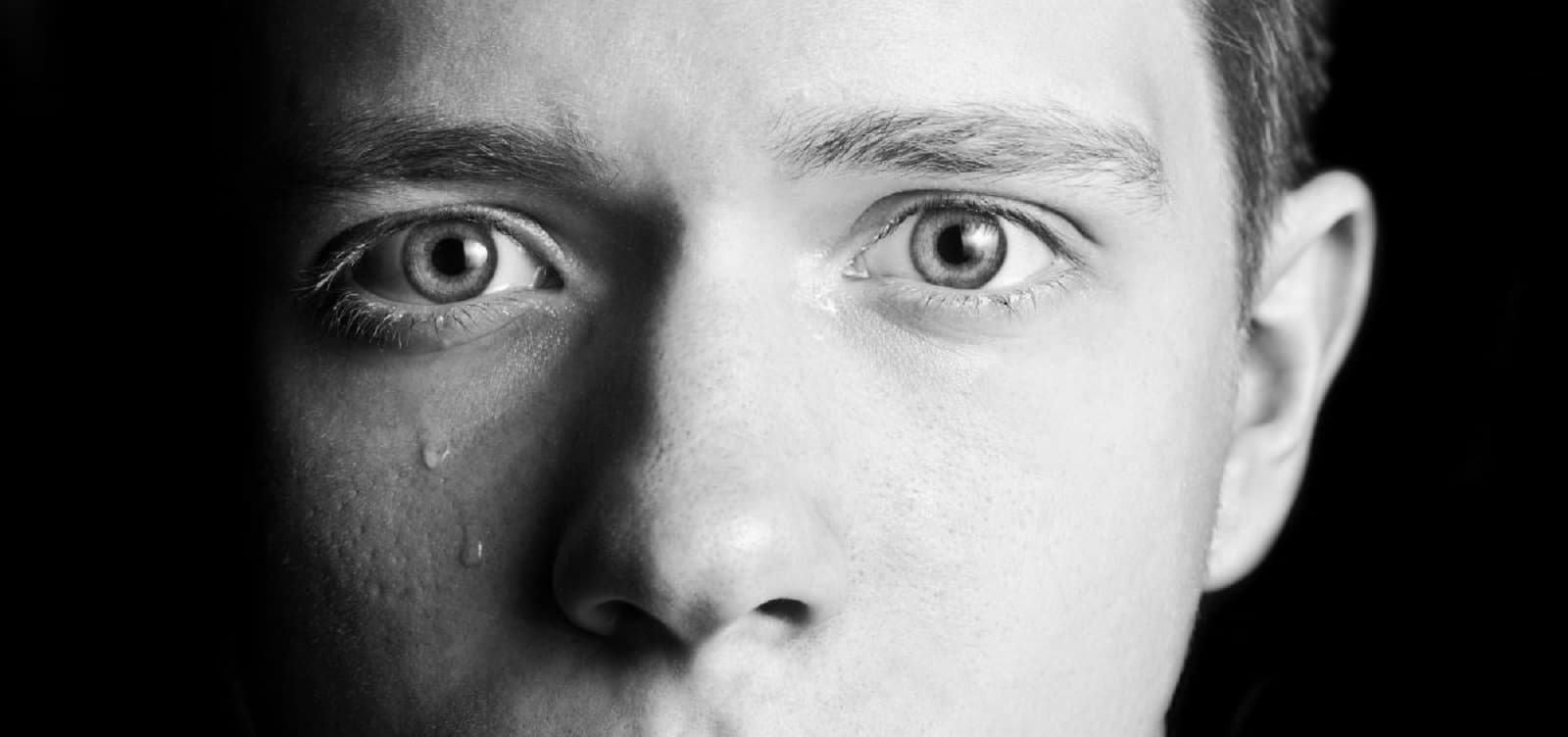“It’s Just a Phase” – 10 Things Not to Say When You’re Child Comes Out
How would you react if your child came out to you? The answer to this question has the potential to either uphold the core values of Pride – respect, acceptance, and unconditional love – or to undermine them, causing harm to the child and the parent-child relationship. We delve into the detrimental ways parents and guardians often respond when their child comes out, the harm these reactions can cause, and the broader societal implications of such responses.
#1. The Doubter:

“Are you sure it’s not a phase? Maybe you should wait a while before deciding.”
This reaction dismisses a child’s self-discovery, making them feel unsure and invalidated about their identity
#2. The Blame-Gamer:

“What did I do wrong to make you this way?”
Blaming oneself for a child’s sexuality infers that there’s something inherently wrong with it, which can be deeply hurtful.
#3 The Denier:

“You’re just confused. You don’t understand your feelings yet.”
Denying a child’s truth may cause feelings of rejection and a sense of not being understood.
#4. The Stereotyper:

“But you don’t act gay!”
This reaction suggests that all LGBTQ+ individuals must adhere to specific stereotypes, which limits a person’s individuality and self-expression.
#5. The Reputation Keeper:

“You’re ruining our family’s reputation.”
This response implies that their sexual orientation is shameful, which can deeply damage a child’s self-esteem.
#6. The Influence Blamer:

“You must have been influenced by your friends or the media.”
Blaming outside influences negates the child’s personal experiences and feelings, making them feel invalidated and misunderstood.
#7. The Religiously Misguided:

“This is not what God intended for you.”
Using religion to reject a child’s identity can cause a severe emotional conflict between their faith and their self-image.
#8. The Hormone Accuser:

“It’s just your hormones acting up. You’ll get over it.”
Dismissing a child’s identity as a temporary hormonal imbalance invalidates their feelings and can lead to confusion and self-doubt.
#9. The Attention-Seeker Accuser:

“You can’t be serious. You’re just seeking attention.”
This reaction dismisses the child’s genuine feelings and experiences, leading them to question their worth and truth.
#10. The Fixer:

“We will have to fix this with therapy.”
Suggesting that a child’s sexual orientation needs “fixing” reinforces the harmful idea that it’s a disorder or something unnatural, which is deeply damaging to their self-esteem and mental health.
The Impact of a Negative Reaction

Reacting negatively to a child coming out can have harmful effects.
Straining the Parent-Child Bond

Initially, a negative reaction can strain the parent-child relationship. This emotional distance can inhibit open communication, leading to further misunderstandings.
Inducing Shame and Guilt

Secondly, a poor response can induce guilt and shame in the child. This could relate to their sexuality or gender identity.
Long Term Damage

Long-term, these feelings can affect their psychological health and development.
Forced Inauthenticity Can Cause Poor Mental Health

A negative reaction may also encourage a child to deny their true identity. This can have serious emotional and psychological consequences.
The result could be a life that feels inauthentic, causing distress and impacting mental well-being.
Don’t Encourage Discrimination

Lastly, a bad reaction can contribute to wider societal issues. It may reinforce discrimination and prejudice against the LGBTQ+ community.
This can indirectly uphold a culture that marginalizes and alienates people based on their sexual orientation or gender identity.
The post “It’s Just a Phase” – 10 Things Not to Say When Your Child Comes Out as Gay first appeared on Hello Positive Mindset.
Featured Image Credit: Shutterstock / Tiko Aramyan.






